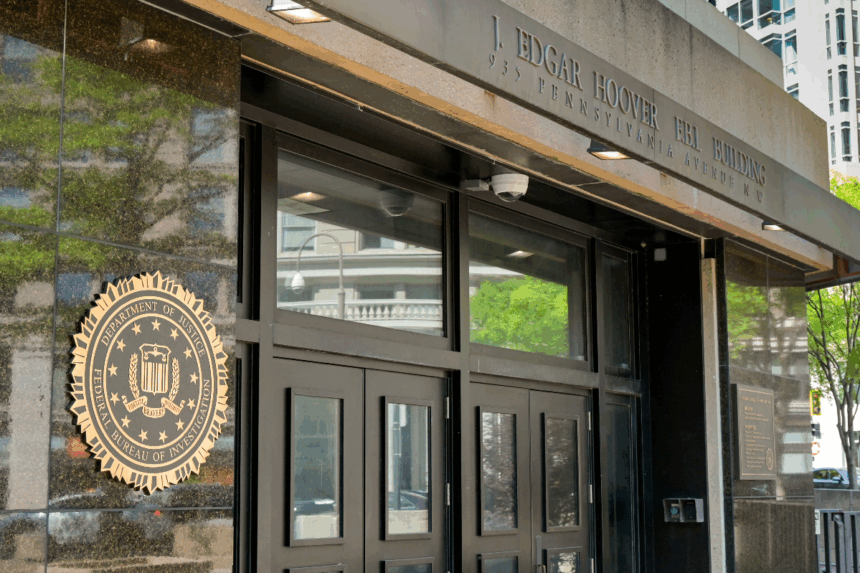The Federal Bureau of Investigation (FBI) arrested Hanna Dugan, a Wisconsin trial court judge, on Friday, April 25, 2025, on charges of obstructing federal agents attempting to arrest a Mexican migrant during a court hearing.
The initial announcement of the arrest was made by the FBI director himself, Kash Patel, through a publication on the X platform (formerly Twitter), where he stated that the judge would have “intentionally diverted the agents” to prevent the capture of Eduardo Flores Ruiz, a Mexican migrant wanted for immigration violations.
What is Hanna Dugan accused of?

Although the message was deleted shortly thereafter, local media confirmed the arrest of Dugan, who remains in federal custody awaiting a preliminary hearing.
So far, the formal charges against him have not been publicly detailed, but are expected to include obstruction of justice and violation of official duties.
An episode in the midst of migratory tensions

The arrest of a sitting judge represents an unusual and highly sensitive development that reflects the climate of confrontation between the Donald Trump administration and various sectors of the judiciary, particularly around the implementation of stricter immigration policies.
Since his return to the White House, Trump has pushed through a series of measures to speed up deportations and tighten immigration detention conditions, measures that have been the subject of constant judicial review.
Several federal courts have blocked or restricted recent policies, which has generated accusations from the Executive that “some judges are acting with political bias”.
Controversial use of the Alien Enemies Act

Within this context, one of the most controversial points has been the use of the Alien Enemies Act – a late 18th century law – to justify the detention and transfer of migrants to a high security prison in El Salvador, known as the Terrorism Confinement Center (CECOT).
To date, more than 200 migrants, mostly Venezuelan nationals, have been sent to this center on general charges of criminal association, although investigations by media and human rights organizations have shown that most had no criminal record.
The Trump administration justifies these actions by alleging migrants’ supposed links to groups considered terrorists, such as the Mara Salvatrucha (MS-13) and the Aragua Train, without offering hard public evidence.
Criticism and consequences
Organizations such as Human Rights Watch have condemned these expulsions as “forced disappearances” and denounced inhumane conditions in Salvadoran prisons.
For its part, the agreement between the US and El Salvador for the transfer of migrants – of which few details are known – establishes an annual payment of US$6 million for the maintenance of the prison system, which has generated criticism about the legality and morality of such operations.
Judge Dugan’s case could become a symbol of judicial resistance to current immigration policies, but it also opens an intense debate about the limits of judicial authority in the face of federal immigration orders.
The charges are expected to be formally defined in the coming days and this episode is expected to further aggravate the already polarized immigration debate in the United States.
The Trump administration justifies these actions by claiming the migrants' alleged ties to groups considered terrorists, such as the Mara Salvatrucha (MS-13) and the Tren de Aragua, without offering conclusive public evidence
QueOnnda.com
For more news, visit QueOnnda.com.














